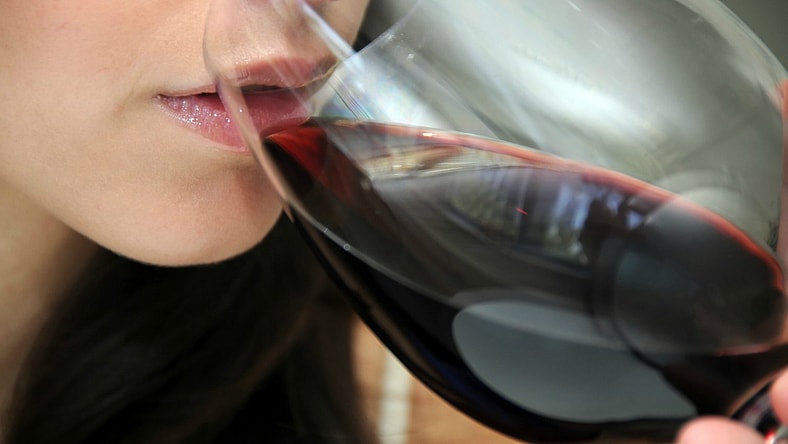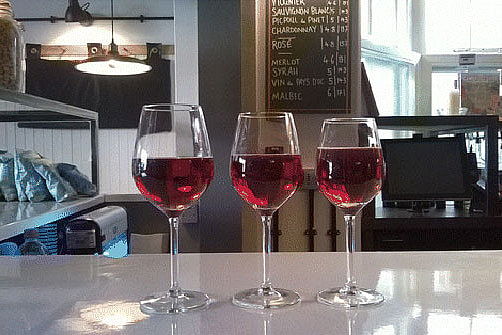Here’s The Sneaky Way Restaurants Trick You Into Ordering More Wine
Not that you need to cut back, but this is good to know.


Have you ordered wine at a restaurant or bar only to be sorely disappointed in the amount of alcohol in your glass, and ordered another? And then a few more after that?
If that sounds like your most recent night out, we have to tell you that you’ve been deceived. That shifty bartender tricked you and took your money. That weasel!
Fortunately, science has exposed this trickery and shed some light on why you may leave dinner tipsier than intended.
Published in BMC Public Health, researchers at the University of Cambridge teamed up with a local bar in the spring and summer of 2015 to carry out a simple experiment secretly researching the psychology of unsuspecting bargoers,
Every two weeks for four months, the restaurant served wine in a different size glass, alternating between a standard 300-milliliter wine glass, a smaller 250-milliliter glass, and a larger 370-milliliter glass. The pour was the same, only the glass size changed.

At the end of the experiment, researchers stacked up receipts from the 2-week intervals, did some math, and found that when wine was served in a 370-mililiter glass, an average of 10% more was sold.
But why would a larger glass with the same portion of wine as an average glass sell more? Researchers can’t say exactly why yet, they can offer a logical explanation.
“People will generally perceive there to be less in larger containers, than in smaller ones,” wrote researcher Theresa Marteau, “When the wine, the same volume, is being served in a larger glass, then people are probably perceiving they’ve got less in there.”
So basically, a customer thinks, “Look at all the free space in this glass. What a tiny amount of wine. I won’t even feel a buzz in my pinky toe from this miniscule amount of wine. I should order another.”
Now you know. Don’t let those restaurants trick you into getting drunk. Or do. It’s your call.
